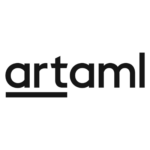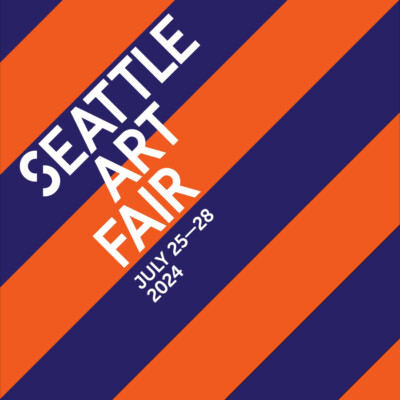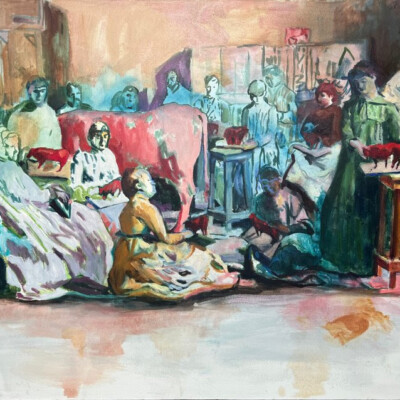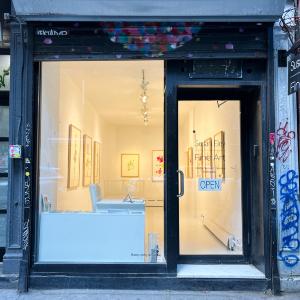The international art market is being targeted by criminals, terrorists and sanctioned individuals who are intent on laundering their money. Why? Because the art market consists of high value trades within a largely unregulated system, where staff may not be sufficiently trained to recognise the warning signs of an illegal deal. That was the message from Danielle Thornton of AWAD partner ArtAML TM when she spoke to AWAD Members, Partners & Friends on 30 April 2024. If you are an AWAD subscriber, you can watch a recording of the event in the Members-Only content of the website under Talk Replays (plus information about the documents you need to ‘Know Your Customer’). In the meantime, everyone can find out more about the key requirements of anti-money laundering (AML) measures here: https://artaml.com/blog/
Since 2020, art market participants (e.g. art dealers & advisors) in the UK and EU have had to comply with Anti-Money Laundering legislation, which applies to transactions (or a series of linked transactions) worth 10,000 euros or more. AML legislation applies to dealers based in these countries even when operating outside the UK/EU, for example, at an international art fair. Among other things, this means nominating an AML lead in your organisation, reporting suspicious activity to the relevant authorities and keeping records for five years. This is where Customer Due Diligence (CDD) is really important, especially if you need to identify the Ultimate Beneficial Owner (UBO) in any transaction.
International Sanctions
The Financial Action Task Force (FATF) is the global money laundering and terrorist financing watchdog. This inter-governmental body sets international standards that aim to prevent illegal activities and the harm they cause to society. Read more at: https://www.fatf-gafi.org/en/publications/Methodsandtrends/Money-Laundering-Terrorist-Financing-Art-Antiquities-Market.html
The 50 percent rule applies to multiple jurisdictions and means that if a company is at least 50% owned by a financially sanctioned individual or entity, it is illegal to transact with that company. This is regardless of the value of a transaction or what product or service is being sold. See https://artaml.com/50-percent-rule-us-uk-and-eu-art-market/
Ban on sales to Russia or connected to Russia
The Luxury Goods ban affects sales to Russia (or connected to Russia) and affects the US, UK, EU and Switzerland: https://artaml.com/what-does-the-luxury-goods-ban-mean-for-the-art-market-including-your-business/
The US has also introduced the Corporate Transparency Act which requires companies to report information on their owners to the US. https://news.artnet.com/market/how-will-corporate-transparency-act-affect-you-2410852
Where to go for more advice




